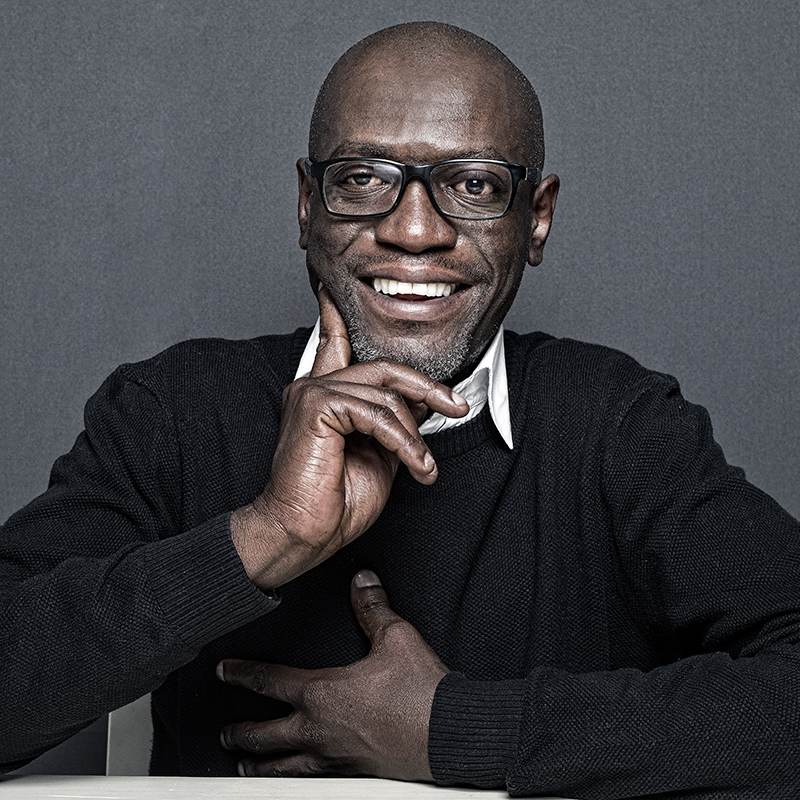South Africans, Nigerians seek crypto financial safety in Gibraltar
Crypto-savvy Africans are turning to Gibraltar to take advantage of favourable conditions there, as they seek financial stability in a highly-regulated environment.
Affluent South Africans and Nigerians are among citizens from emerging markets that are turning to crypto-friendly international private banks and crypto currencies to secure their money offshore.
This is according to Xapo Private Bank, a Gibraltar-based, fully-licensed, international private bank. Xapo says private banks in Switzerland and Luxembourg have long been popular with wealthy families around the globe, but Gibraltar is now seeing its popularity rise.
The bank says it has experienced significant overall growth since the beginning of 2023, marked by a 16% growth in clients from emerging markets, notably Nigeria, South Africa, Argentina and Brazil.
Of Xapo Bank’s new members, 12% were from South Africa and 2% from Nigeria respectively, which the bank says signifies a significant movement of capital – both in fiat and cryptos – from African banks to Gibraltar.
“Gibraltar is setting itself apart as a modern banking hub, because it is able to properly regulate private banks with strong fiat currency and cryptocurrency offerings,” says Seamus Rocca, CEO of Xapo Bank.
Xapo enables members to transact in both USD and USDC, as well as Bitcoin, through one app.
This, the bank says, is a pull factor and for Africans. “What appealed to African customers most this year was that we launched a few world-first solutions, including USDC Out and Lightning-enabled metal debit cards,” says Rocca.
A recent study by Bank of America Private Bank predicted international private banks would increase in popularity in 2023 as they start to offer younger clients from around the world access to new and more diverse asset classes. These include alternative assets, such as private equity, private debt, specialist funds, collectables and crypto assets.
Rocca says private banking, and especially crypto-friendly private banking, is growing in popularity all around the world as those with the means look for new and more diverse ways to protect their assets.
“Traditionally, private banking was available only to those with R85-million (about $5 million) and upwards, but that’s starting to change. It’s now possible for people earning between R1.3 and R2 million ($75 000 to $100 000) a year – a group referred to as the ‘mass affluent’ – to seek financial safety in international private banks – and that’s democratising global banking,” says Rocca.
Rocca believes the emergence of a new international class of mass affluents is an important opportunity to shift global wealth distribution.
He explains: “We’re seeing now a much larger influx from emerging markets, such as Nigeria, South Africa, Argentina, Brazil and Lebanon, where the government suddenly decided to confiscate deposits.
“These countries are currently facing heightened country and currency risks. Their flight to international private banks, and to cryptocurrencies, is telling us that global patterns of wealth distribution are starting to shift, and that international private banking is no longer just for ultra-privileged Europeans.”
